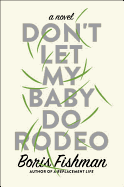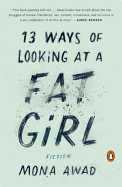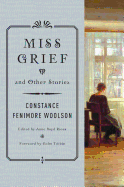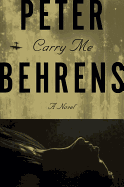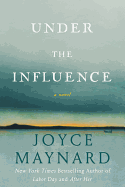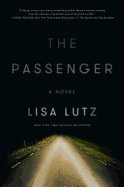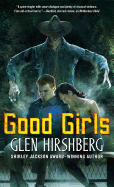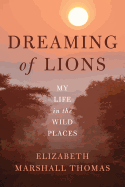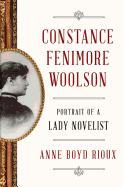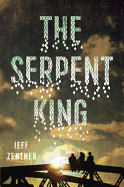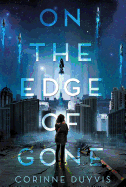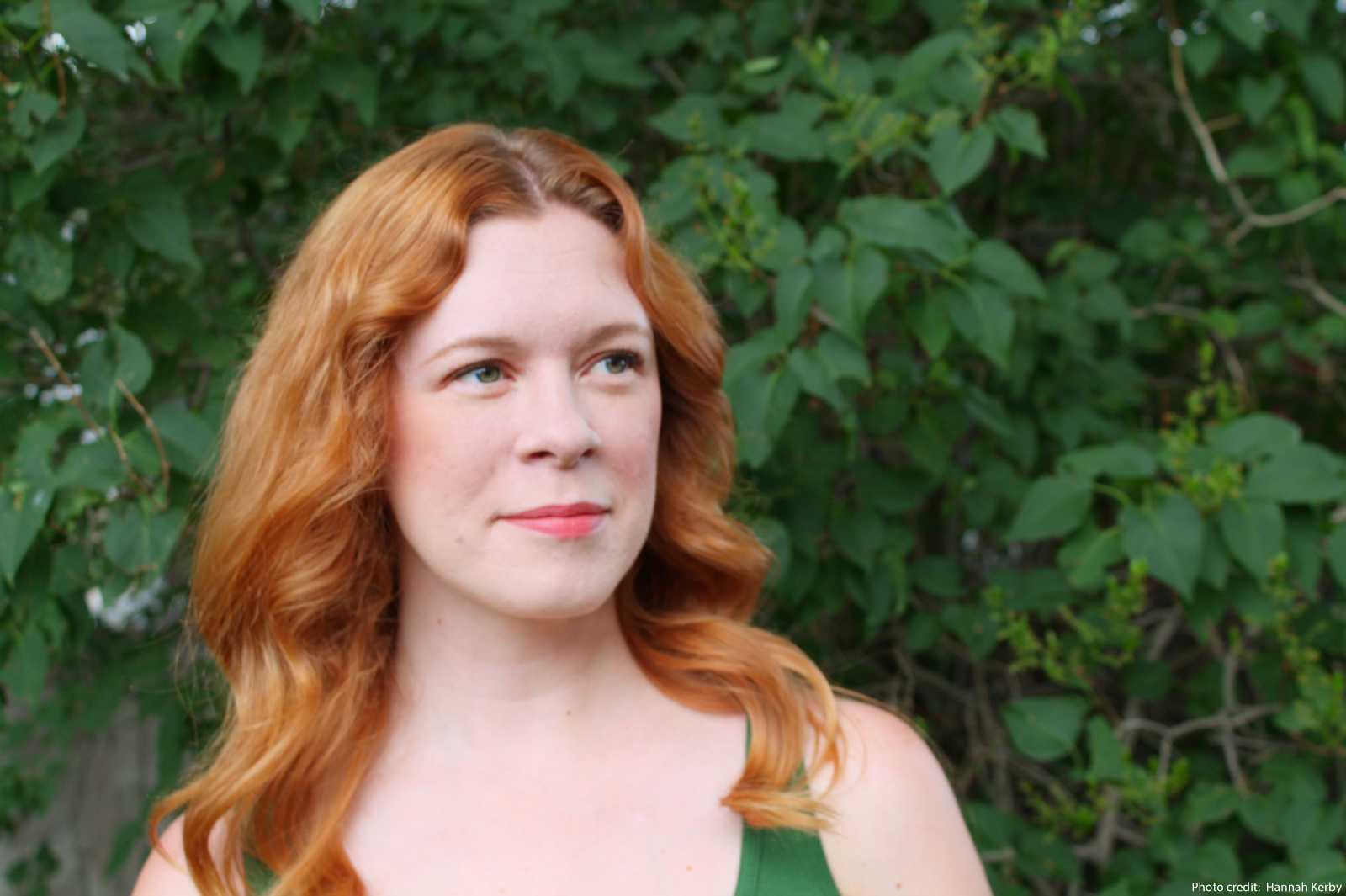 |
| photo: Hannah Kirby |
In Lindsay Eagar's lyrical debut novel, Hour of the Bees, 12-year-old Carol and her family head to the New Mexico desert one summer to a remote, dried-up sheep ranch where she will meet her Mexican American grandfather for the first time. Grandpa Serge's fantastical stories about rain-bringing bees, a green-glass lake, a healing tree, and his wandering wife, Rosa, seem like the hallucinations of a diseased mind, but by summer's end Carol knows his fairy tales must be true. From her home in Salt Lake City, where she lives with her husband and daughter, Eagar talks with Shelf Awareness about embracing roots and facing fears, magic realism and emu heads.
I read that you started your novel with the title Hour of the Bees before you even knew what the bees were, or which hour it was. That seems a bit... magical!
It really was magical. "Hour of the bees" was a little knot of text that came to me when I was out on a run one day. I don't know why it floated into my mind. Sometimes words do that, or phrases do.
I had just trunked another novel that I'd been working on for two years. I knew I had to admit failure and try something new, so when I sat down with a blank piece of paper one morning, I started with Hour of the Bees as the title and just went from there. It came together pretty organically, considering I had no idea what I was doing. The whole thing poured out of me in about ten days, the first draft did. It felt very otherworldly, like it was finding its way through me somehow.
I try to avoid the "this meets this" construct as a reviewer, but someone wrote that Hour of the Bees is "Big Fish meets One Hundred Years of Solitude." Do you like that assessment of your novel?
Oh yes, I love that. I didn't know much about magical realism before I started writing this, so... when I was trying to pigeonhole my genre to pitch this book, that was what kept coming up. The more I researched it, the more I realized magical realism wasn't a catch-all term for "light fantasy" like I'd thought, but that it has its roots in Latin American culture and cultures of oppression. So then I went on a Gabriel García Márquez binge--and I thought, "This is what I'm trying to do!" This exact feeling and flavor... this type of magic woven into reality.
I love the Big Fish aspect, too. That story was actually in my mind as a touchstone for the relationship between the grandfather and Carol's estranged father. The strain is there, and somebody dying, and you have all these things you want to say but everyone's too stubborn to say any of them. And then there's all this frustration. So yes. I think that's a good "this meets this."
 You said, "Hour of the Bees was unlike anything I'd ever written before: First person, present tense? Mexican American characters? Dual narratives, New Mexico setting? All of it, foreign to me." Tell us how you chose to write about Mexican American characters in New Mexico.
You said, "Hour of the Bees was unlike anything I'd ever written before: First person, present tense? Mexican American characters? Dual narratives, New Mexico setting? All of it, foreign to me." Tell us how you chose to write about Mexican American characters in New Mexico.
Mostly I was trying to contrast the books that I had been working on as much as possible. The book before was this fun pirate adventure with lots of storms at sea, and so I went the opposite direction--dry and arid. I grew up in Utah, so I'm no stranger to the desert, but it's never been one of my favorite landscapes. It's miserable, you know... it can be. In that moment, I found some sort of beauty in the bleakness that I wanted to explore.
As for writing Mexican American characters... I'm extremely white. My cultural celebration is going to the Scottish festival every year, so to write a Mexican American family was terrifying in some ways. But I researched as much as I could and relied on my instincts to tell a story about people. If I've missed anything, my job will be to shut up and listen, and do better next time.
And about the first-person present point of view... I thought, I'll never write that... never! I'm a third-person kind of person! But that morning I thought I had to just try everything different, completely rebuild.
At first, 12-year-old Carol tries to hide her Mexican roots, but by the end of the book, she embraces them... and her Grandpa Serge. What is your own relationship with your family history?
I've been reflecting on this a lot lately, why I chose to write Hour of the Bees, especially the part about rejecting your roots and circling back to claim them again. I grew up in Utah in a staunchly Mormon family, and, man, it is so easy to be a rebellious Mormon living in Utah County, Utah, because everyone around you is super Mormon. Everyone is struggling with it in their own way, trying to push back from it while at the same time embracing it and not making your parents upset. I drew on those experiences. And now, as an adult, I am proud of my heritage. That's my blood. I'm no longer Mormon, but it's part of who I am.
You've said your novel came from your fear of death.
Yes.
How so?
When I was 14, my maternal grandfather died. It was really sudden, really unexpected, and I was very close to him, so it shocked me. Since I grew up in a culture that is very much interested in the afterlife and is very chipper about it, people said, "Don't worry, you'll see him again someday, families are forever!" I thought, "No! I want him here now!" If I'm not careful, especially now that I'm a parent, my thoughts on this topic can spiral out of control. I'm up at 3 a.m. worrying. How will I die? How will I say goodbye to everyone? What happens next? But I know, on the flip side, you shouldn't be afraid to die if you're living a full life.
So this is something you tell yourself all the time.
Yeah. A lot. Peter Pan says, "To die would be an awfully great adventure." But I say, you don't know that! Here's where the fun is, here's where the people are and the music and all the good stuff.
Speaking of adventures, tell us about Grandma Rosa. She loves her husband, Serge, and her son, but maybe she loves travel most of all.
Rosa does love travel, but I'd say she loves life most of all. In the stories, bees follow her around, and it's because she's just brimming with life. The bees can sense it. So, yes, she loves travel, and she loves being home with her husband and son, but she also has this compulsion to see and experience all she can before she dies. It's easy to villainize her for her choices, but her inner compass is so strong. She knows what she wants.
Do you have a personal story behind the magical tree with its gift of immortality?
My dad and I both loved Tree of Life stories. Almost every culture has its own. There's a magical tree with fruit and some beautiful, amazing life-fulfilling something, but with a terrible consequence. I just drew on that idea, I guess.
Carol says "I measure time with changes..." I know the book is about a village where time is not important, but time--and how different people measure it--plays a huge part in the narrative.
Time is one of the things that the village gives up. Basically, when you live forever you have no need for it anymore. I was coupling that with the idea of entering adolescence, a period where time is everything and change is everything. Time is a connector between Carol and her grandfather. A man who is hundreds of years old is still concerned with time, just like a 12-year-old girl who's about to enter junior high in a super tempestuous period of her life.
Grandpa Serge has dementia. What inspired you to tell that part of the story?
When I was drafting this novel, my sister had been working at an assisted-living facility. She came home with stories about the people with dementia who lived there... the funniest, sweetest things, and also the saddest things. How scary it is that somebody with dementia can just slowly lose pieces of their minds and of themselves, and not know it.
There was an emu head in Grandma Rosa's closet at the ranch. What's the story behind that?
Totally out of the blue. I just thought, if I were a kid, what would be the most terrifying thing to find in my grandmother's closet? And, I thought, well, a mounted head, probably. It seemed exotic. Far away. And kind of funny to think that it would also be a necklace holder. Rosa was the coolest grandma. --Karin Snelson, children's & YA editor, Shelf Awareness
 I had the honor of speaking with Padma about her new book. We were so engrossed in our conversation about our favorite books and independent bookstores that we talked far beyond our allotted 30-minute time slot. What would be the one cookbook she'd take to a deserted island? She'd been reading Joseph Conrad's An Outcast of the Islands and decided on M.F.K. Fisher, "Because the writing is SO good." She knows good writing, and can write quite well herself.
I had the honor of speaking with Padma about her new book. We were so engrossed in our conversation about our favorite books and independent bookstores that we talked far beyond our allotted 30-minute time slot. What would be the one cookbook she'd take to a deserted island? She'd been reading Joseph Conrad's An Outcast of the Islands and decided on M.F.K. Fisher, "Because the writing is SO good." She knows good writing, and can write quite well herself.


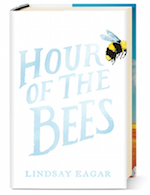


 You said, "Hour of the Bees was unlike anything I'd ever written before: First person, present tense? Mexican American characters? Dual narratives, New Mexico setting? All of it, foreign to me." Tell us how you chose to write about Mexican American characters in New Mexico.
You said, "Hour of the Bees was unlike anything I'd ever written before: First person, present tense? Mexican American characters? Dual narratives, New Mexico setting? All of it, foreign to me." Tell us how you chose to write about Mexican American characters in New Mexico.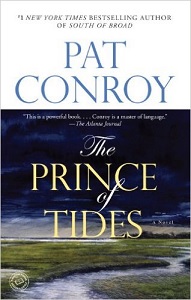 His best-known work, The Prince of Tides (1986), bundles many of Conroy's demons into a literary look at depression and dark family secrets. It follows Tom Wingo, a former football player from South Carolina who travels to New York City to help his sister, Savannah, whose lifelong history of mental illness has culminated in another suicide attempt. Through the course of the novel, Tom recounts his traumatic childhood to Savannah's psychiatrist in the hopes that his information can save his sister. The book became a bestseller and inspired a 1991 film directed by Barbra Streisand, who also starred alongside Nick Nolte, Melinda Dillon and Kate Nelligan. It was last reprinted in 2002 by Dial Press ($17, 9780553381542).
His best-known work, The Prince of Tides (1986), bundles many of Conroy's demons into a literary look at depression and dark family secrets. It follows Tom Wingo, a former football player from South Carolina who travels to New York City to help his sister, Savannah, whose lifelong history of mental illness has culminated in another suicide attempt. Through the course of the novel, Tom recounts his traumatic childhood to Savannah's psychiatrist in the hopes that his information can save his sister. The book became a bestseller and inspired a 1991 film directed by Barbra Streisand, who also starred alongside Nick Nolte, Melinda Dillon and Kate Nelligan. It was last reprinted in 2002 by Dial Press ($17, 9780553381542).